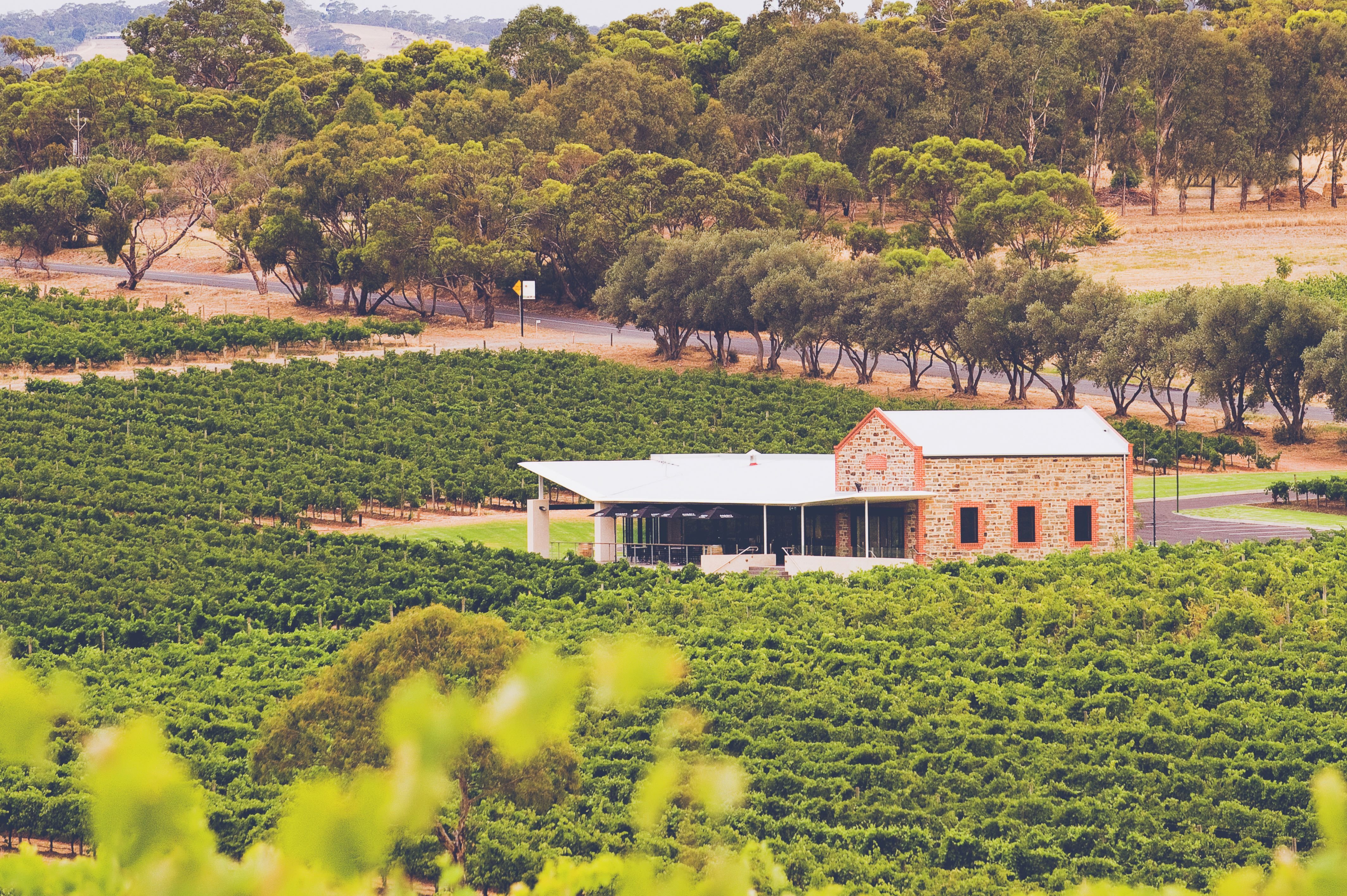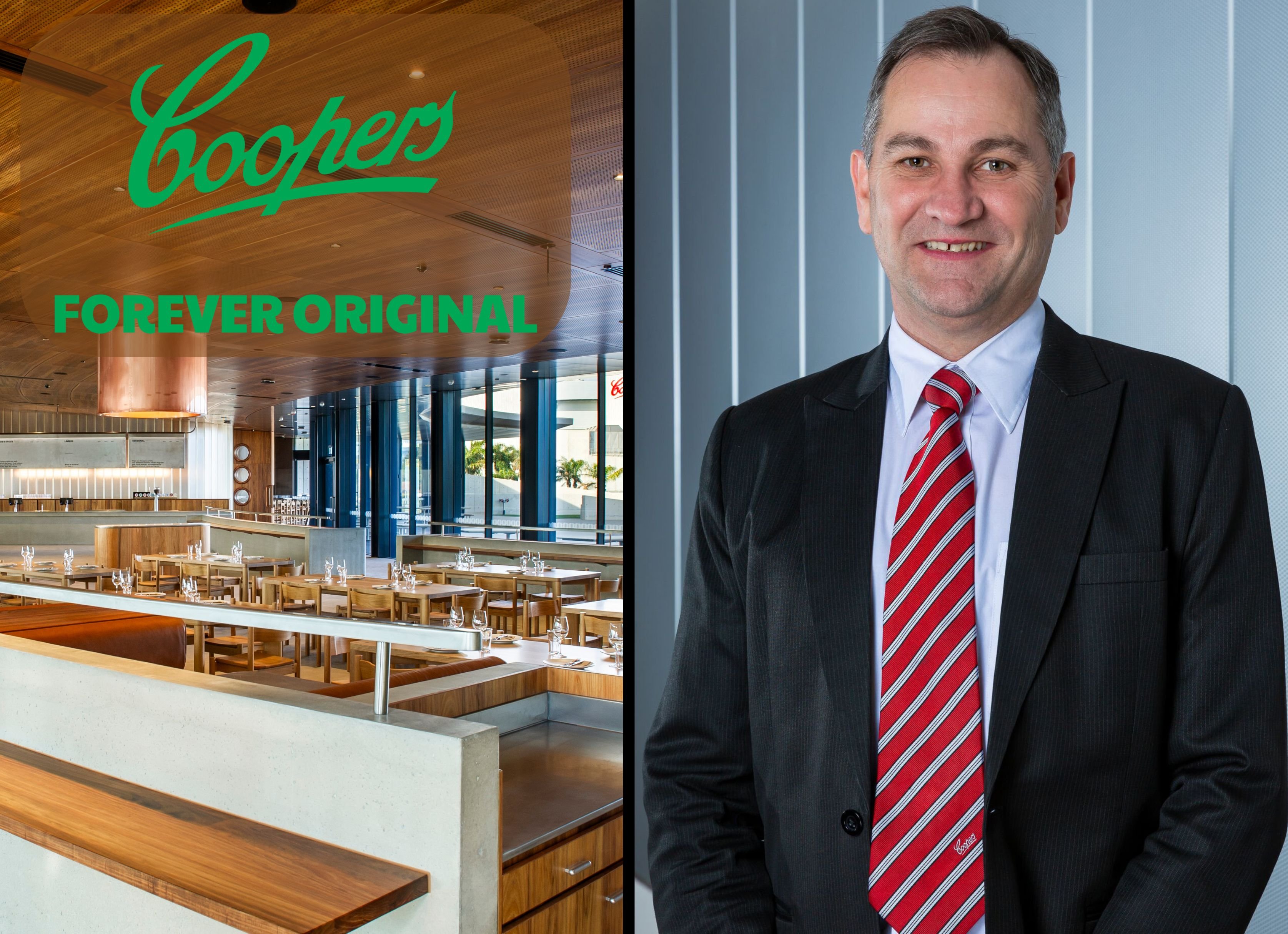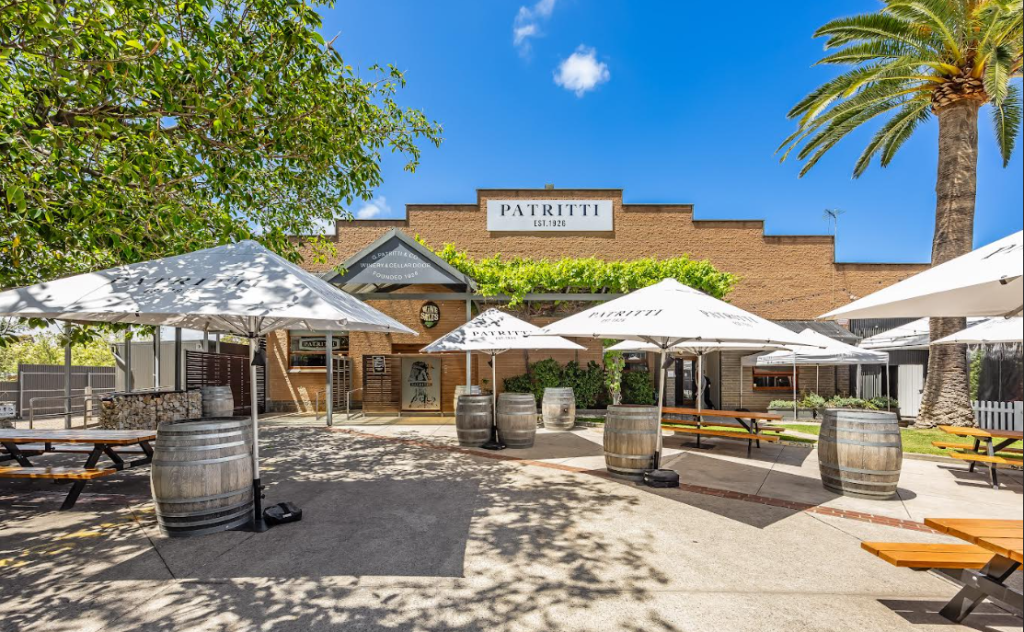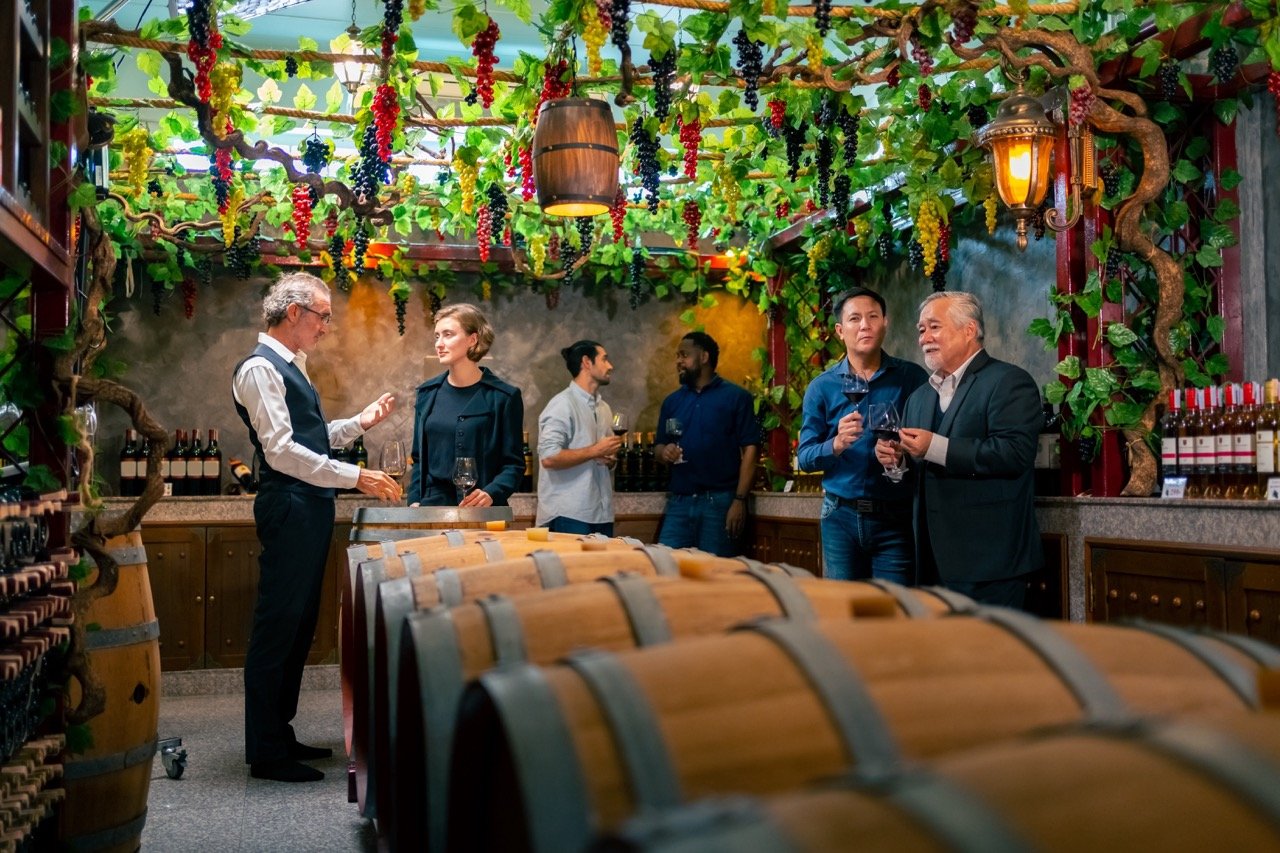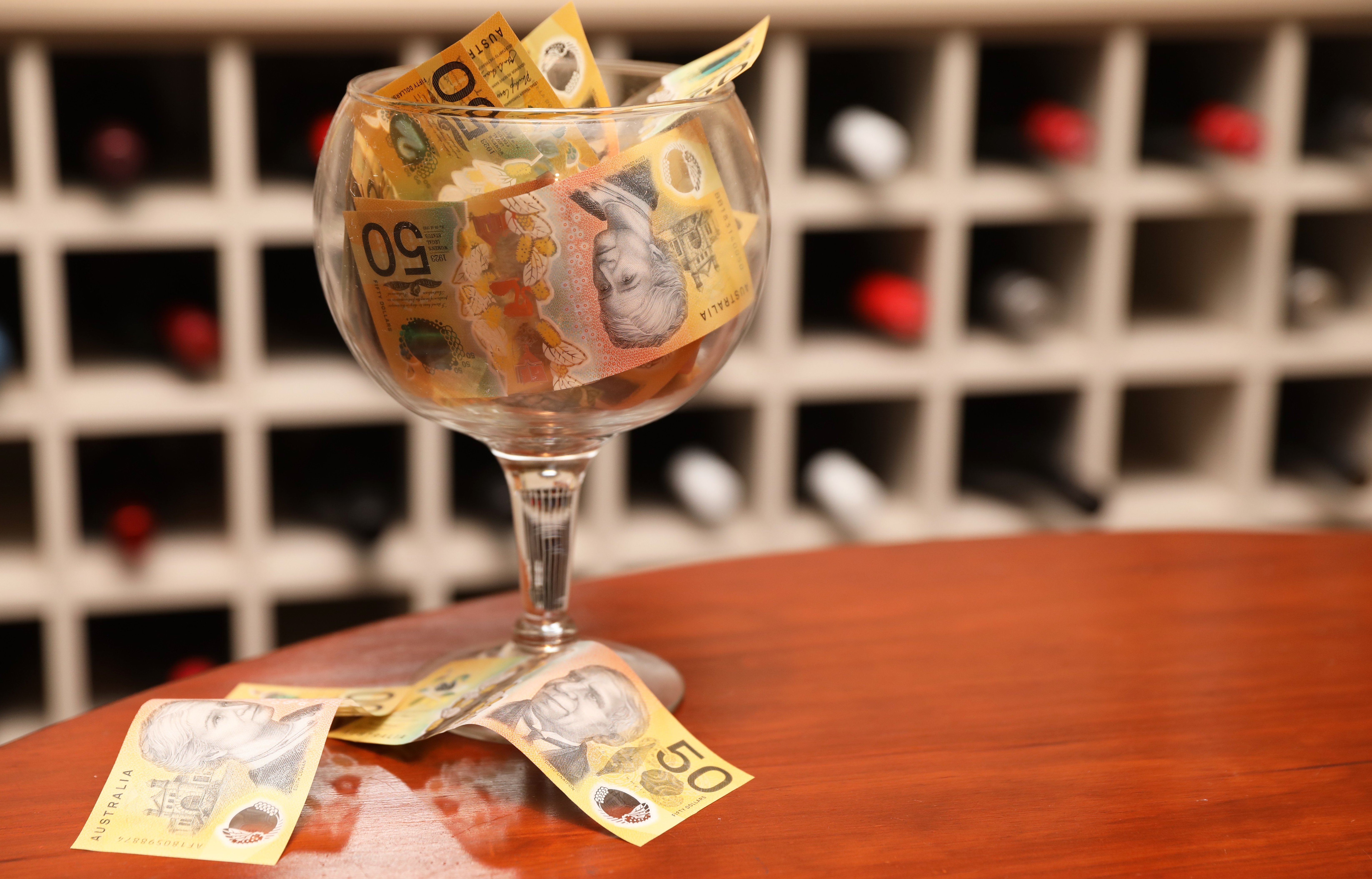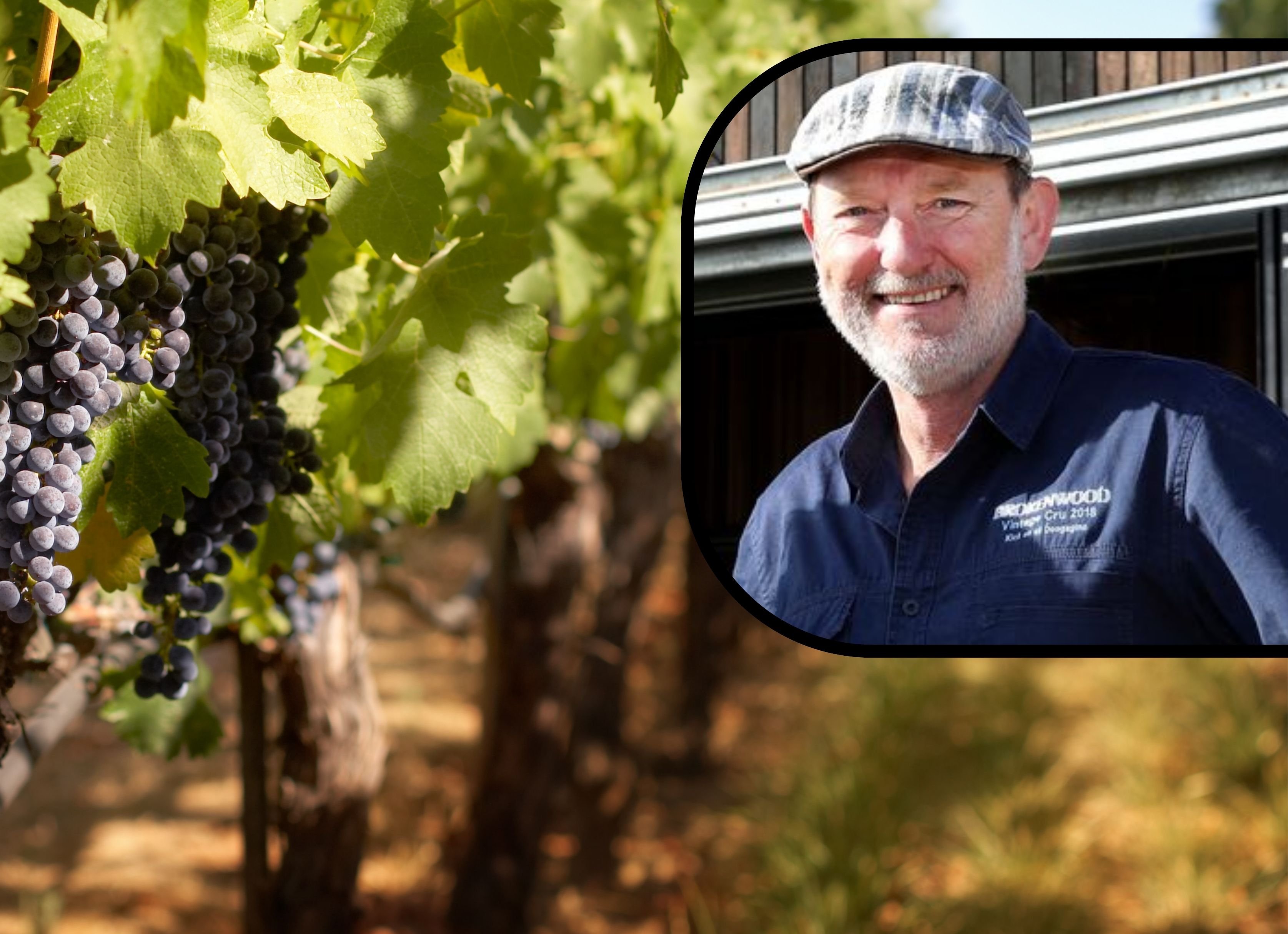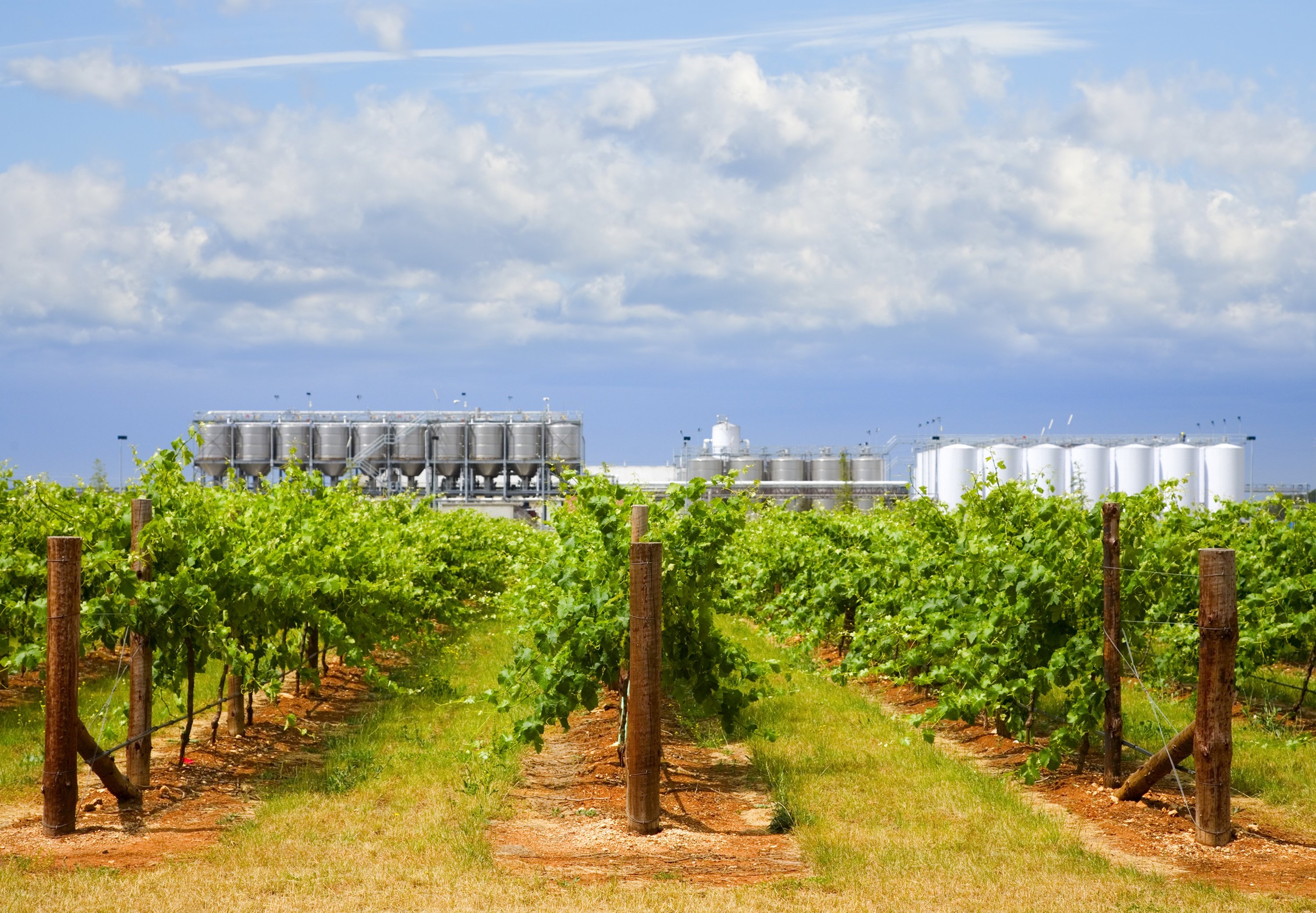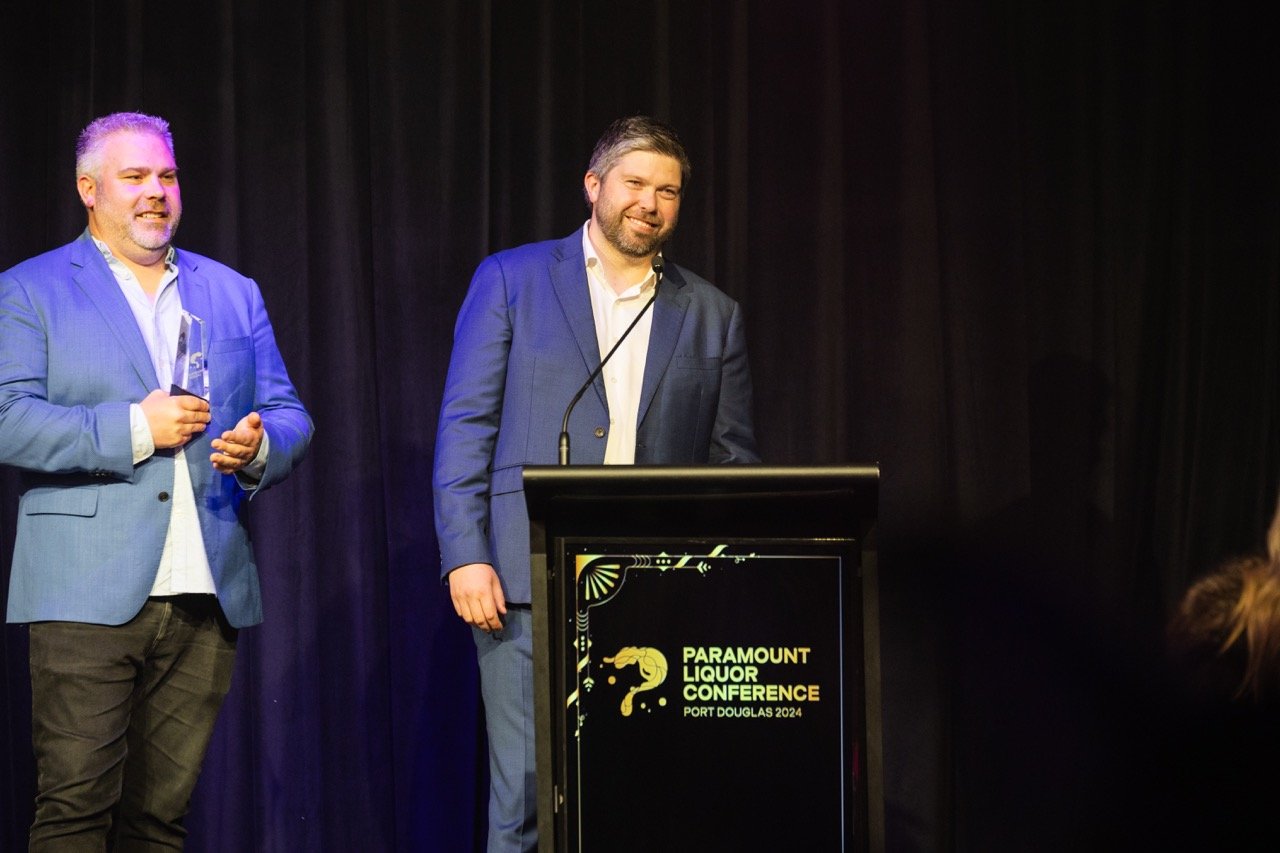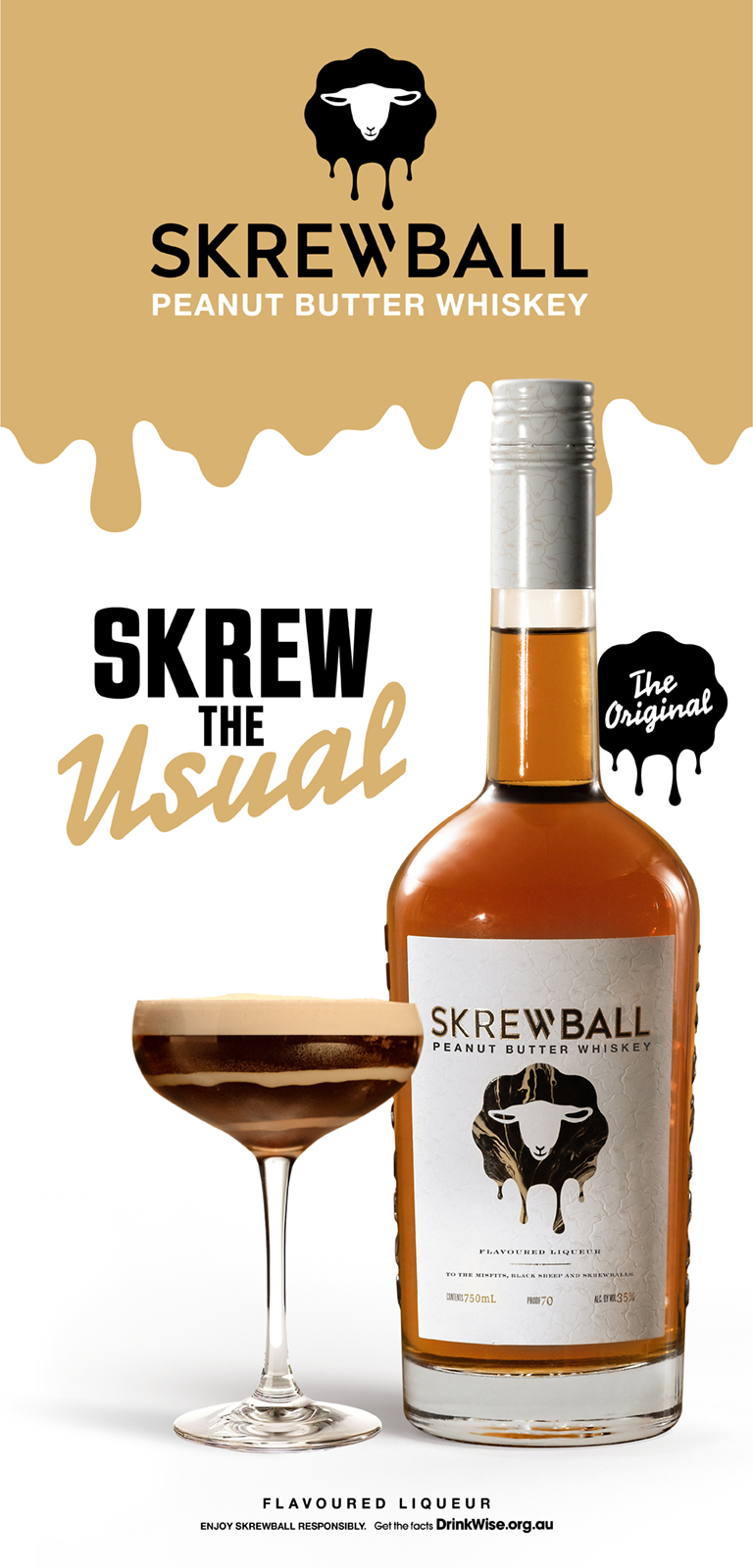At the end of this month, a decision will be made by the Standing Committee for Rural and Regional Affairs and Transport Legislation concerning the National Organic Standard Bill that was put before the Senate late last year.
If passed, the Bill will make Australia the final country in the OECD to create a legal definition of the word organic. Current legislation permits products such as wine to be labelled as organic even if they do not meet the full criteria of any of the five certification bodies.
Victoria Angove, Managing Director and fifth-generation winemaker at Australia’s largest organic wine producer, Angove Family Winemakers, believes the proposed changes would greatly benefit Australian wine in export markets.
“Domestic regulation would put Australian certified organic producers in a better place to gain equivalent organic certification in other countries, which would reduce the double handling and dual audit processes that currently exist,” she said.
“We need claims of being organic validated by formal certification. There is a loophole there and we would like to see it closed.”
The introduction of a definition for organic in Australia would likely prompt new equivalency arrangements with key wine export markets such as Sweden, Canada, and the US.
According to Jackie Brian, CEO of Australian Organic Limited, “if Australia had domestic regulation, it would help our government negotiate equivalency arrangements with other nations meaning producers would only need to attain one certification - the National Organic Standard established by this Bill - cutting red tape and stimulating export growth.”
The implementation of greater clarity around label definitions also hopes to encourage more Australian wine producers to adopt organic viticultural practices. Despite more than 30% of Australia's vineyard area now being covered by sustainability certification, DMG Fine Wines Founder William Dong believes organic wine production in Australia “is still far behind what's happening in Europe and especially Northern Europe” despite growing consumer demand.
“There's not enough structure and system in place to really rule things out. We just let [wine producers] do whatever they want,” Dong told Drinks Trade.
“We're taking things for granted. In Europe, the conditions are a lot worse up there, and I think the producers really care so much. They work hard every year to produce great grapes, great produce, and then some of the producers really go above and beyond. And then it's contagious… We are not as strong.”
Victoria Angove believes the current lack of definition makes it “very difficult for a producer making misleading claims to be held to account.
“For our industry to reach its full potential, we need the support of a domestic standard to ensure all operators are doing the right thing,” she continued.
“This will instill confidence in our customers that the produce they are buying from Australia is the best in the world.”
William Dong says there is no excuse for wine producers to not convert to organic practices. After seeing the benefits of organic farming first hand upon starting to convert all Handpicked vineyards to organic in 2017, DMG Fine Wines has proceeded to launch Kiss the Organic, an organic-focused import business, and FAB, a direct-to-consumer online store focusing on organic wines.
“I think a lot of producers out there are just being lazy. Most of the producers think about it commercially in a commercial sense, not so much about the impact they will have in their product and what they should be doing for the consumers,” Dong told Drinks Trade.
“It's not hard for organic products to be understood, but it's just that, because there are a lot of brands out there (especially the bigger brands) that're not leading by example… We are confident that, as we continue to make bigger noise, the growth will be exponential. Hopefully, in the future, in five or 10 years time, everything should be organic.”
Similar to Dong, Jackie Brian is hopeful that an official definition for organic in Australia will help to encourage consumer adoption of organic products, building upon the “strong growth” of Australian organics over the past 20 years.
“We know from survey data that consumers are being misled by labels that make unverified organic claims, which is unfair to those buyers and unfair to the producers who go through the lengthy and rigorous process of attaining organic certification,” she said.
“It has been a loophole we have been calling to be closed for a long time, and we hope to work with all sides of politics to set the standard for consumers in Australia that is the norm for so many countries around the world.”
In May last year, Drinks Trade spoke to Dr Mardi Longbottom, GM of Industry Development Support & Sustainability at the Australian Wine Research Institute and operator of the technical side of Sustainable Winegrowing Australia, about the progress and benefits of organic and sustainable wine production in Australia.
While she believes that “most people are already doing the right thing,” it’s becoming increasingly important for grape growers and wine producers to become sustainably certified.
Longbottom also mentioned the role of liquor retailers in educating consumers about organic products.
“One of the key messages is really about making sure that people understand - when they are in a wine shop or looking at wines - [to] look out for that trust mark and just understand that, if they do see that trust mark, what it really means: that it does signify that there's been a significant commitment, not just from the winemaker, but also from the grower who grew the grapes.
"That commitment is a commitment to sustainable practices, but also a commitment to have their practices verified by an independent.”
Share the content
